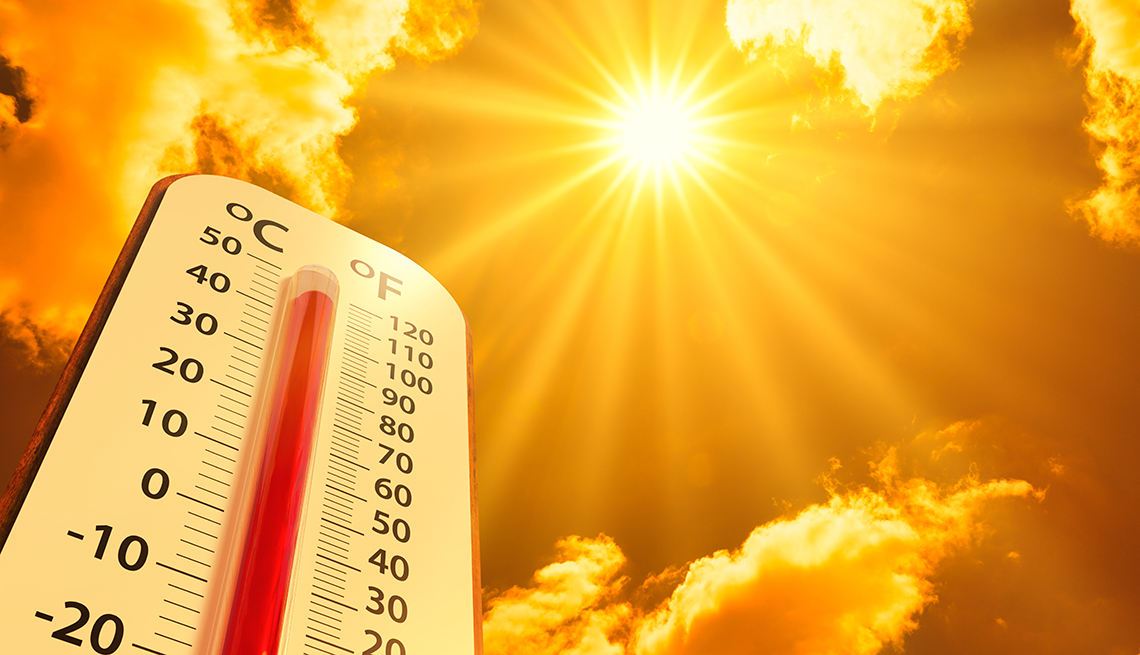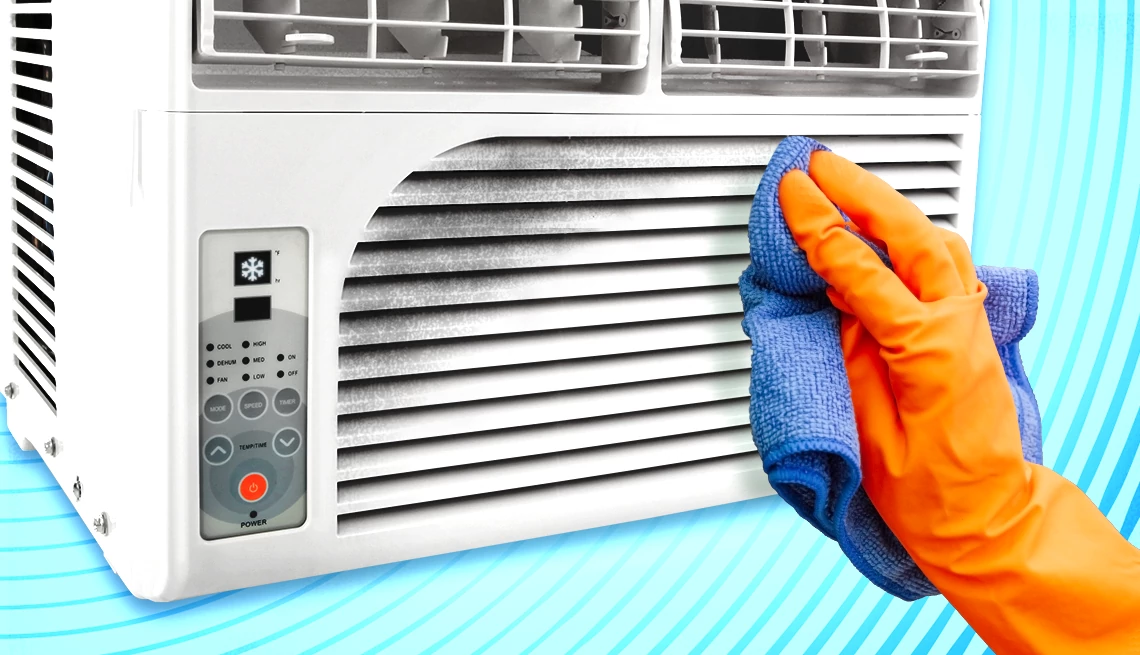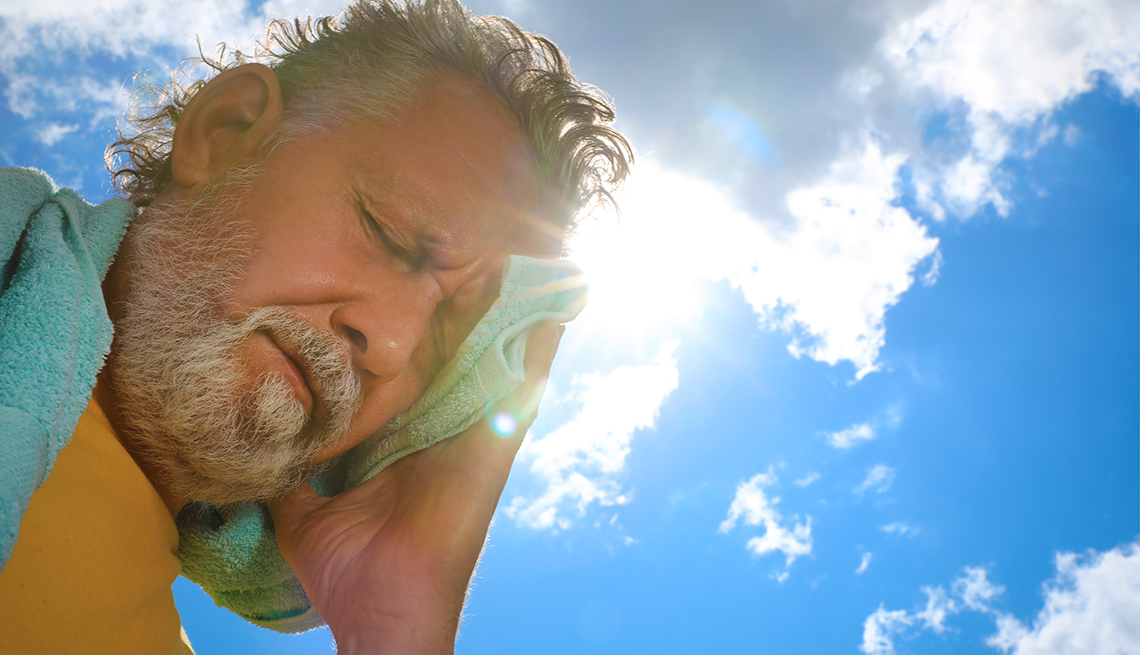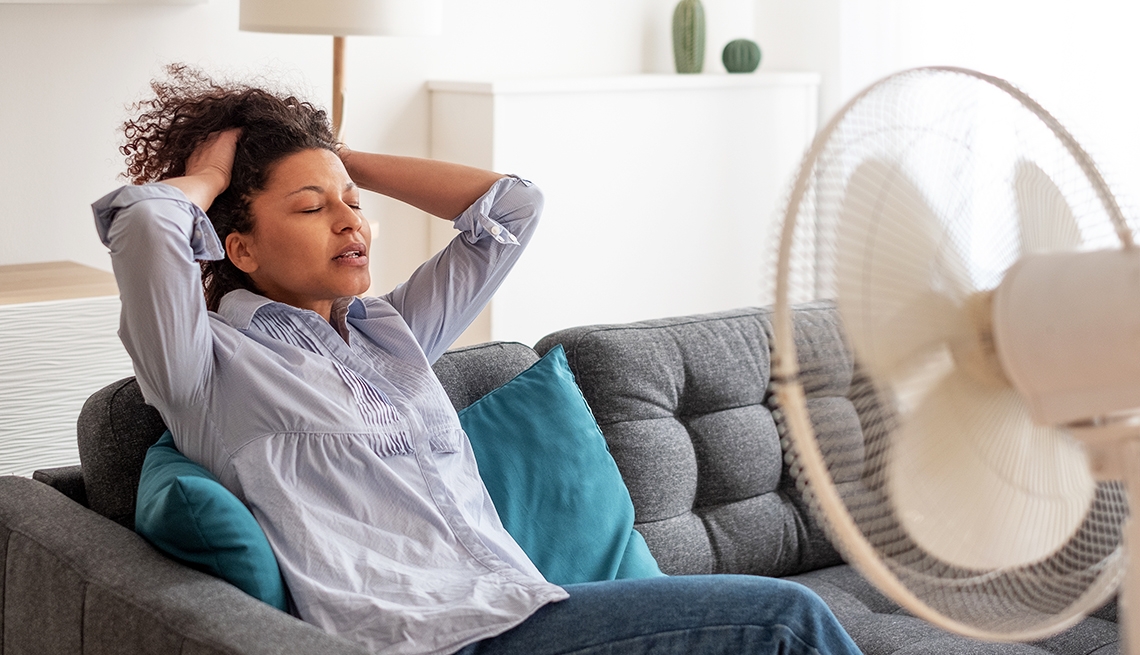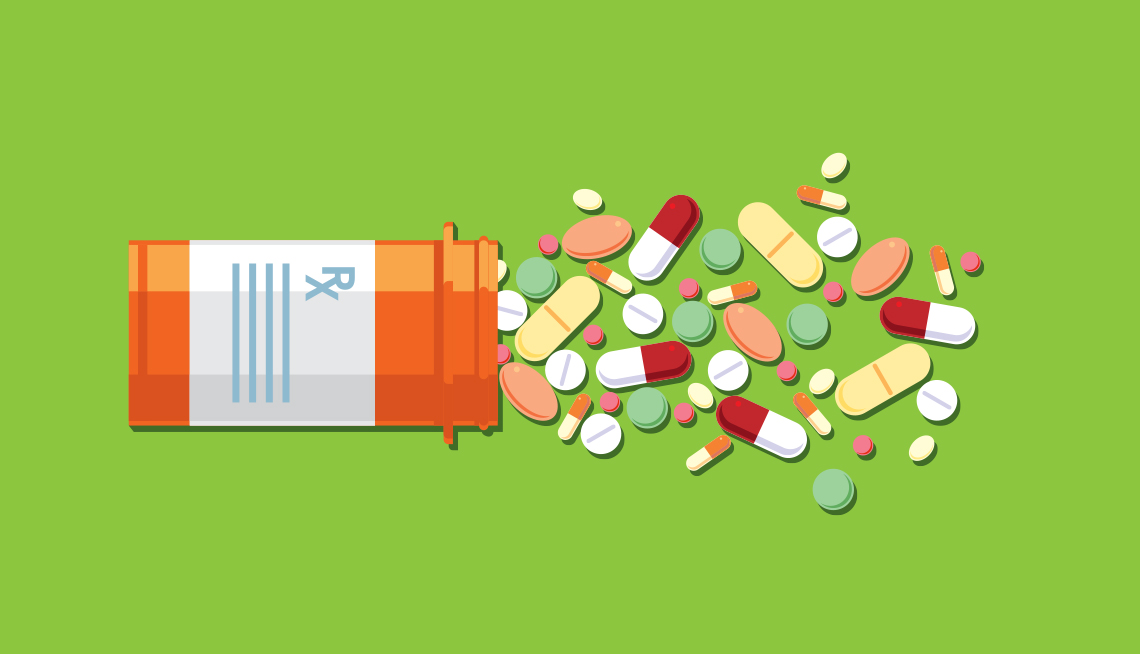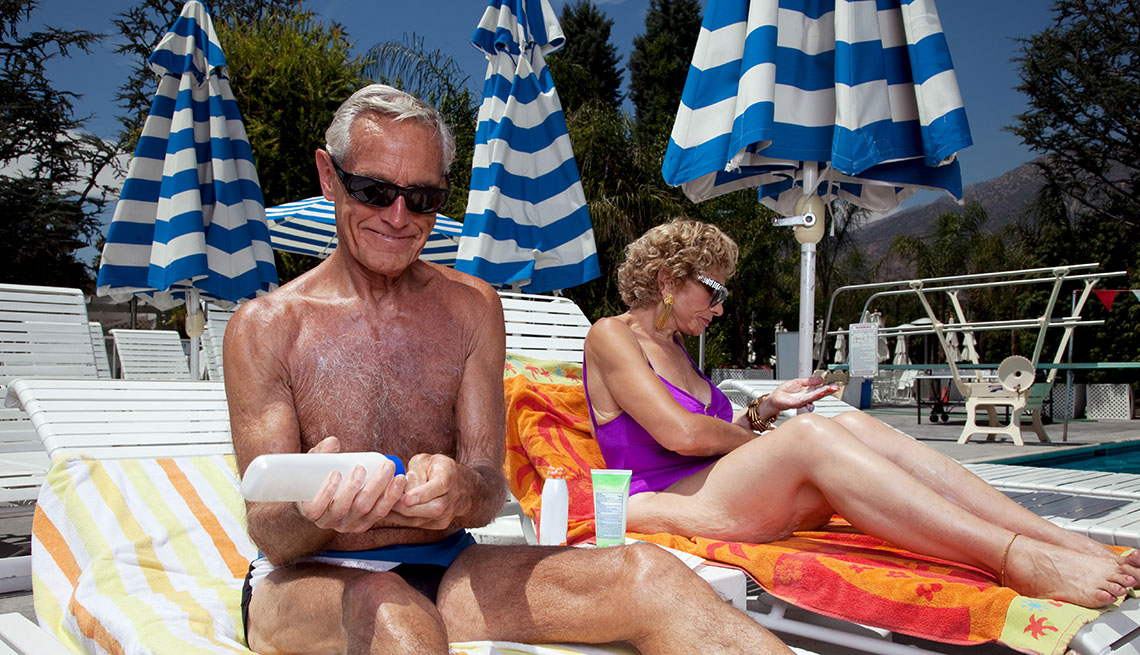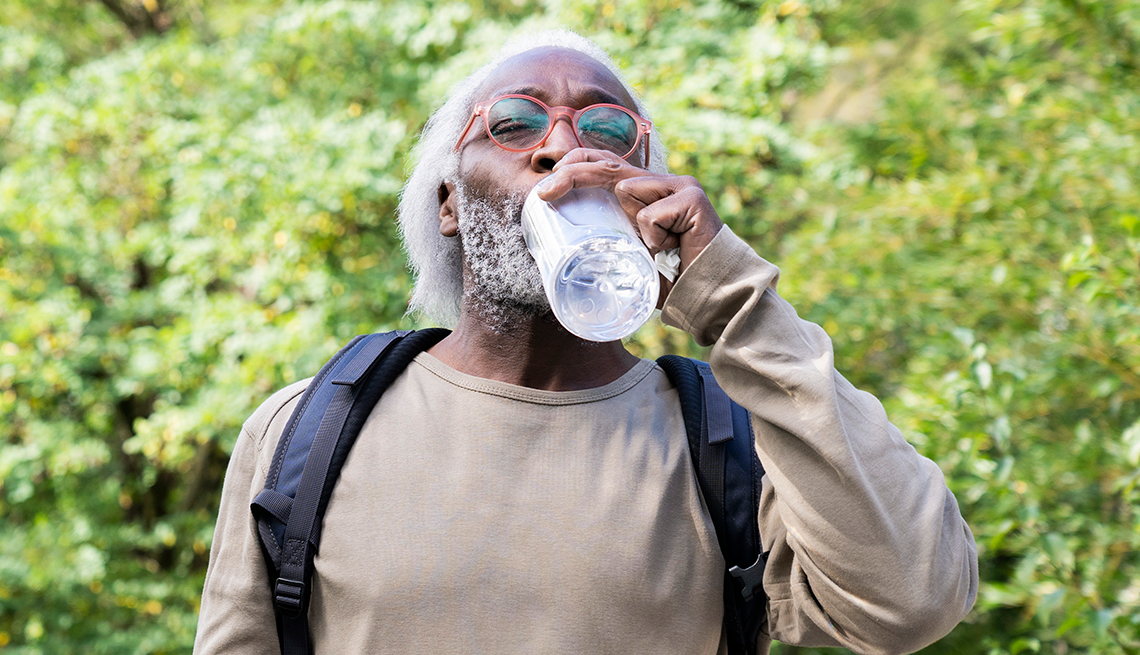AARP Hearing Center
It was an extremely hot summer day in Beijing. I had arrived in China from the United States the day before and had already scaled the Great Wall. This day was reserved for more outdoor sightseeing. We spent a long morning under the sun at the Summer Palace. The afternoon was reserved for concrete-clad Tiananmen Square and the expansive Forbidden City. At midday, it was a scorching 95 degrees, not counting the heat emanating from the pavement.
I hadn’t been hydrating much since arriving because it’s not safe to drink tap water in Beijing. It was no surprise that once inside the Forbidden City, I started feeling thirsty. Water bottles were not allowed into the fortress, and there were no beverages for sale.
About 20 minutes later, my heart started palpitating. I went pale, and my mouth dried up. I went woozy and sidled over to collapse in the shade. I knew, from previous experiences with dehydration, that this was bad. I told the tour guide I needed to get to a hospital.
At the hospital, I was diagnosed with severe dehydration and heat exhaustion. Nearly four hours after I started feeling symptoms, I was put on an IV and ordered to stay the night. The next morning, an English-speaking doctor told me that my level of dehydration had been in the danger zone, that I was on the cusp of heatstroke and that not only was I depleted of water but also electrolytes, minerals essential for the body to function.
All the ingredients for a case of dehydration were there. Long plane flight, check. Intense exercise upon arrival, check. Brutal heat and bad air quality, check. Not enough water, checkmate.
Dehydration is a common enough scourge, even in daily life. Travel exacerbates its likelihood.
Older adults tend to be at a higher risk of being dehydrated, either because of underlying health conditions or the diuretic effects of medications they may be taking, says Kenneth Koncilja, M.D., a geriatrician at Cleveland Clinic in Ohio. Even so, no one, regardless of age, is immune. Dehydration can set in anywhere, anytime (for example, skiers may be affected due to high altitudes and heavy activity). However, according to Paul Takahashi, M.D., an internist and geriatrician at Mayo Clinic, a lack of liquid combined with summer temperatures create the perfect conditions not only for dehydration but for heat exhaustion or heatstroke as well.
According to Koncilja, the following are among the signs of dehydration:
- Dizziness
- Headache
- Fatigue
- Muscle cramps
- High heart rate
- Low blood pressure
- Confusion




























































